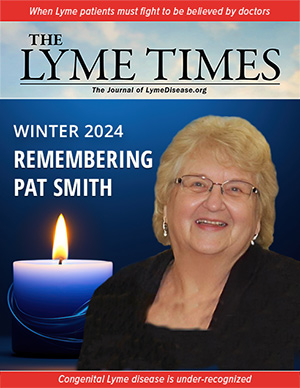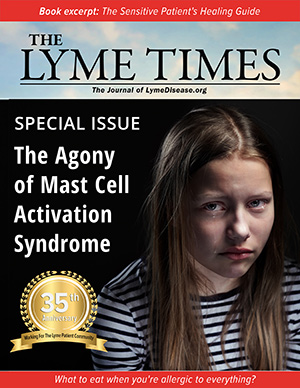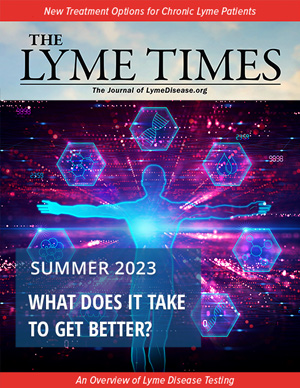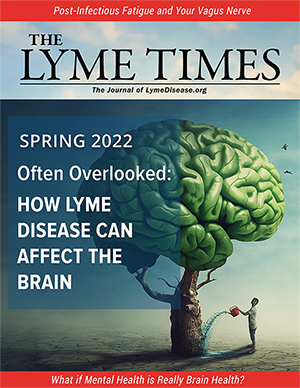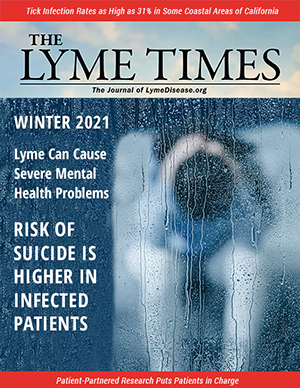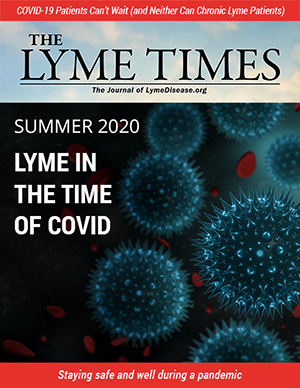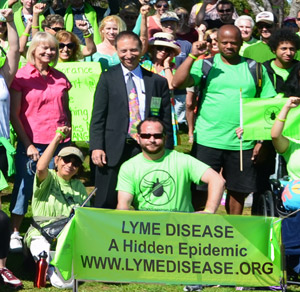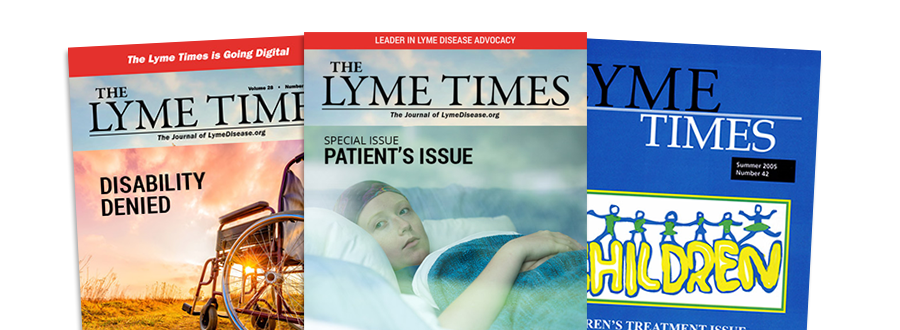Minority Opinion Is a Critical Element of the Tick-Borne Disease Working Group Report A summary of how minority opinions influenced the Tick-Borne Disease Working Groups views on vaccines, treatment, and diagnosising Lyme disease.
 I t looked like a tall order: assemble a diverse group to discuss a controversial subject in order to make recommendations about research priorities to Congress. This was the mandate of the Tick-Borne Diseases Working Group, established by the 21st Century Cures Act. But they—we—have done it, civilly, with a remarkable degree of unanimity. There were of course differences of opinion, especially involving three areas: vaccines, diagnosis, and treatment. The Working Group’s draft report to Congress now includes minority responses regarding each of those topics.
I t looked like a tall order: assemble a diverse group to discuss a controversial subject in order to make recommendations about research priorities to Congress. This was the mandate of the Tick-Borne Diseases Working Group, established by the 21st Century Cures Act. But they—we—have done it, civilly, with a remarkable degree of unanimity. There were of course differences of opinion, especially involving three areas: vaccines, diagnosis, and treatment. The Working Group’s draft report to Congress now includes minority responses regarding each of those topics.
The provision for minority reports was an important rule for advocates. Some of us have had the experience of being the token patient on a government committee, where we were usually talked over or overruled. Having the option of including minority reports ensures that all members have an opportunity to state their case and their views won’t be buried under the majority avalanche. In fact, providing a minority response has the opposite effect, of highlighting the minority opinion. It singles it out and gives the reader something to think about.
Lyme Disease Vaccines
The vaccine subcommittee surprised many of us by presenting a unanimous opinion to the Working Group, which stated that human vaccines against Lyme disease should be a “top priority focus.” The majority of the Working Group agreed with that assessment. However, a minority response entered into the draft report said in part, “The dissenting minority stresses that all concerns related to the prior vaccine failure need to be understood and addressed before moving ahead to a new vaccine.”……. Join or login below to continue reading.



